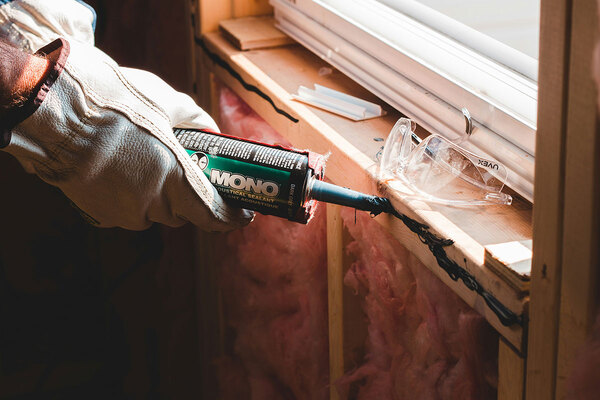
Alison Inman is a board member at Saffron and Tpas; former president of the CIH; and co-founder of SHOUT
We must fix our repairs problems – even if it means building fewer homes
It’s shaming that tenants find their best chance at redress for repairs is asking a student to embarrass their landlord on social media, says Alison Inman
Talk about cut-through. Kwajo Tweneboa, the young social housing tenant who has spent the past few months highlighting the horrific conditions of some council and housing association properties, has been invited to speak at Glastonbury. That’s in addition to appearing on just about every radio and television news programme and being all over the print media.
Armed only with a camera phone and a Twitter account, he has pushed social housing to the top of the agenda in ways that must leave comms teams across the sector open-mouthed.
So where did it all go wrong? How did a sector that sees itself firmly in the ‘for good’ column end up being seen so very differently by tenants, elected representatives, the wider community and the media?
I don’t know about the rest of you but I feel a profound sense of shame. Seeing people living in such terrible conditions and them being absolutely certain that their best opportunity of redress is asking a 23-year-old student to embarrass their landlord on social media?
As a proud past president of the Chartered Institute of Housing (CIH), I have met a lot of our members, people who wear their professionalism proudly, frontline staff who work hard and study hard, who know that there are many, many properties that are well maintained and managed, homes that people are content to live in.
Of course, both experiences are true. The best housing association and council homes are just brilliant but I have written before about the tendency of the sector to tell an incomplete story, to fail to acknowledge that some homes we are responsible for are horrible places to live in.
We do ourselves, and the sector, no service by failing to recognise this publicly.
“Our obsession with ‘first-time fix’ leads to repairs staff closing cases when the root cause has not been addressed”
It’s too easy to hark back to a world that isn’t returning, when housing officers spent all day walking the patch, collecting the rent door to door.
What we have now isn’t fit for purpose. The world is a complex place and there are many reasons for the service failures we are seeing. Cleverer people than me will have their say about structural issues, about the impact of austerity on grant rates leading to reductions in asset management spend, about repairs contracts that incentivise the ‘quick fix’ and discourage curiosity.
As trust in landlords has diminished, too many regeneration projects are seen by residents as ‘social cleansing’, while the planning system does not help communities get the homes that they need – the right homes, in the right places, at the right price (to steal a line from the CIH).
All this is complicated and expensive and disempowering to everyone. Where do we begin to make things better?
While we wait for the big solutions, we can take a good look at how landlords listen to tenants, learn to have proper grown-up conversations, use the channels that tenants want to use, do some good old-fashioned door-knocking and hold ourselves accountable.
I was in a coffee shop the other day and it took ages for me to be served, even though there was no queue. The reason? There was a drive-through operating from the store and the massive screen showed how long people in their cars had been waiting, figures showing in red or green. The waiting time for people in the shop wasn’t measured and so didn’t matter.
“Talk to your tenants, listen to what they say, listen to your plumbers, pay attention to the GPs who are telling you about damp-related asthma, accept that people living in crap housing are stressed and will get cross”
Our call centres monitor waiting time, incentivising either getting through the call as quickly as possible or getting people off the phone quickly and on to another channel. Similarly, our obsession with ‘first-time fix’ leads to repairs staff closing cases when the root cause has not been addressed.
Talk to your tenants, listen to what they say, listen to your plumbers, pay attention to the GPs who are telling you about damp-related asthma, accept that people living in crap housing are stressed and will get cross, and make sure you are checking on the people who have given up – who don’t bother reporting repairs because they have no faith in your ability to fix it.
And if this means building fewer homes, then so be it. That lies at the door of those politicians who slashed grant rates. It should not be our existing tenants who pay the price.
Alison Inman, board member at Saffron and Tpas; former president of the CIH; and co-founder of SHOUT
Sign up for our asset management newsletter
Already have an account? Click here to manage your newsletters












